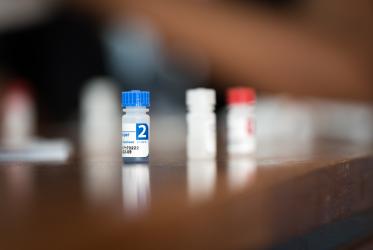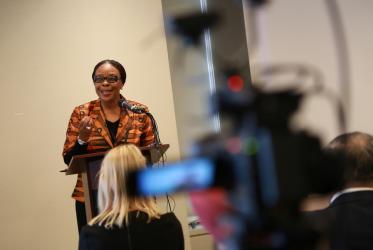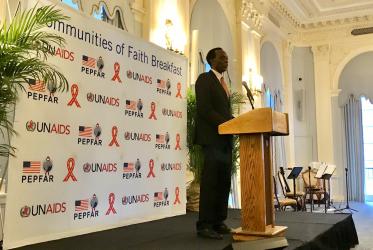Displaying 1 - 20 of 41
WCC condemns massacre of farmers in Philippines
12 April 2019
All pilgrim routes lead to COP24
11 December 2018
#WCC70: A prayer about health and healing
20 July 2018
Conversation on HIV “must continue,” Faith Networking Zone shows
07 December 2017
In Zambia, foreign investors complicate “economy of life”
06 September 2017
GEM School: integrating theology and economics
05 September 2017
“Overcoming economic injustice” vision of WCC’s Athena Peralta
23 February 2017
Zambia: “On HIV, we do not compete. We work together.”
20 October 2016
New videos help congregations hasten HIV response
20 October 2016
Kenya: Voice of faith communities crucial in overcoming HIV
14 October 2016














